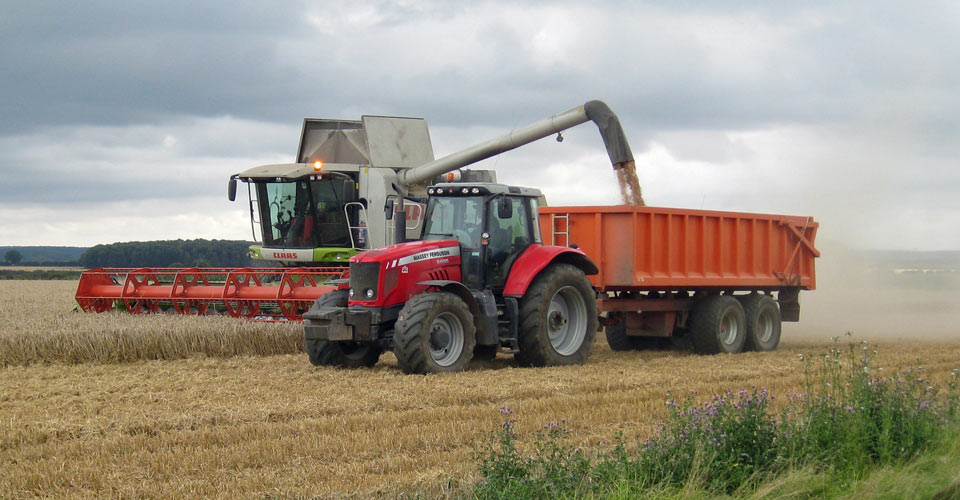
Today’s high-tech diesel engines have longer oil change intervals than ever. But even though modern equipment is designed to extend engine oil lifespans, it’s never a good idea to tempt fate. Engine oil is the lifeblood of your equipment, so you should always make sure it’s still doing its job to protect your engine.
Testing the health of your engine oil is easy. All you need is a used oil analysis kit, which you can purchase from YOUR LOCAL CENEX® DISTRIBUTOR. Once you have the kit, just extract a small sample of used oil from your rig, then mail it off to the lab. Specially trained technicians will do all the hard work for you. Here are just some of the tests they’ll run on your oil to ensure its still going strong.
- Viscosity test: Inside your equipment, oil experiences high stress levels as it’s squeezed and churned between moving parts. Over time, this pressure and constant, aggressive motion can permanently thin out an oil. This issue is known as shearing. On a microscopic level, additive molecules that are meant to keep the oil at its intended viscosity are being sheared, or torn, apart as they pass through the engine. Shearing can be a critical issue for your machinery because if an oil isn’t thick enough to stay in place, it will run off the areas that need lubrication the most. Losing this protective layer results in wear and corrosion that, if left untreated, can lead to equipment failure. Cenex engine oils are highly shear-resistant, and regular used oil analyses are a great way to take extra precaution against shearing. Our Maxtron® line is formulated EnduroVis™ technology for best-in-class shear resistance.
- Oxidation test: When oil encounters air under high temperatures inside an engine, it experiences a type of chemical reaction called oxidation. This reaction can create problems for your equipment because, if left unchecked, it will eventually turn an oil to sludge. When it comes to your machinery, sludge is a major problem because it gums up moving parts, preventing your equipment from operating smoothly. To counteract oxidation, most oils contain special additives called antioxidants. Over time, antioxidants wear down, weakening an oil’s power to fight oxidation. Through regular used oil analyses, you can spot an increase in oxidation before it impacts your machinery.
- Alkalinity test: When a fuel combusts, it leaves behind an acidic byproduct that can slowly deteriorate an engine oil. Healthy oils, though, are able to fight off acids, and their capacity to do so is known as their alkalinity. Used oil analysis can determine an oil sample’s alkalinity by measuring its level of chemical compounds called bases, the chemical opposite of acids. This base level is reported through a metric called the total base number, or TBN. The higher an oil’s TBN is, the better its ability is to neutralize harmful acids. Anytime a TBN falls below 3, it’s time to replace your oil. Keeping an eye on your TBN through regular used oil analyses is a smart way to ensure your oil is still doing its job to protect your equipment.
Once the lab tests are done, you’ll receive a full report detailing your oil’s results on all the tests above and more. It’s like looking inside your engine, but without tearing it apart. You can even go over your results with a specialist at YOUR LOCAL CENEX DISTRIBUTOR.
Regular used oil analysis is one of the simplest, most cost-effective ways to protect your investment in your equipment. That’s why it’s a key component of the CENEX TOTAL PROTECTION PLAN® warranty. By following the plan’s used oil analysis schedule, farmers can catch small issues before they grow into big ones. And if larger issues do occur, plan members can rest assured they’re covered. LEARN MORE about the Cenex Total Protection Plan.












